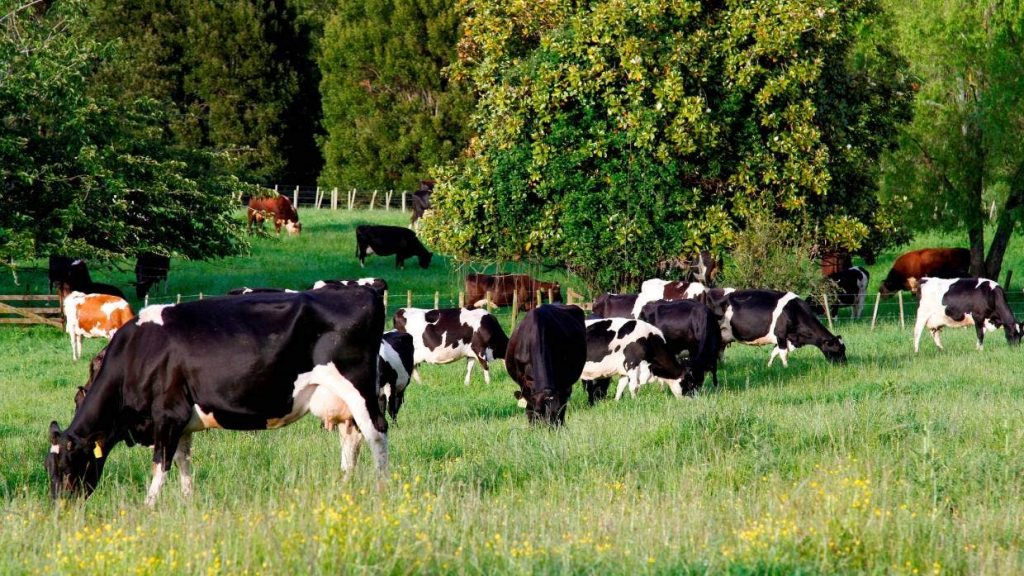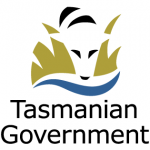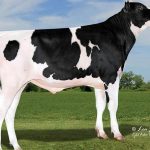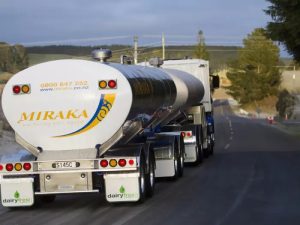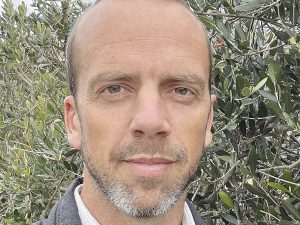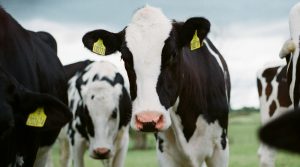
Since taking over from Theo Spierings, Hurrell has moved Fonterra away from expanding its milk pools overseas, and brought the focus back to getting more value from the “white gold” produced by New Zealand farmers. His shift in strategy comes at a time when consumers are wanting to know more about where their food comes from and the environmental impact it leaves.
“We believe New Zealand milk is the most valuable milk in the world due to our grass-fed farming model, which means our milk has a carbon footprint around 70 per cent lower than the global average,” Hurrell told farmers.
“Put simply, the world wants what we’ve got – sustainably produced, high-quality, nutritious milk.”
Fonterra has flagged that it expects milk volumes to flatline or decline over the next decade, with constrained supply and continued demand expected to push up prices.
RNZ
The government’s plan to tackle climate change has been revealed in the Zero Carbon Bill. Minister for Climate Change, James Shaw, talks to Corin Dann.
“It gives us more options to be selective about what we do with your co-op’s milk,” Hurrell said. “In doing so, we are confident we can increase the value we generate over the next decade.”
Dairy prices hit a seven-year high at the Global Dairy Trade auction this week and Fonterra expects to pay its farmer suppliers a record price for their milk this season, pumping an estimated $13.2 billion into the economy.
Fonterra chairman Peter McBride told farmers the future for New Zealand dairy was “exciting”.
“At a time when total New Zealand milk supply faces a likely decline, or be flat at best, the world has come calling for more of our sustainably produced milk,” he said.
“The milk supply pressures we face in New Zealand are not unique to Fonterra. So, we are looking at a future where you have a highly sought-after product and an increasingly scarce supply. That smells like value to me.”
Achieving a higher value for milk was important at a time when farmers were facing rising costs, he noted.
Fonterra aims to be net zero carbon by 2050 and is investing about $1b in reducing carbon emissions and improving water efficiency and treatment at its manufacturing sites over the next decade.
